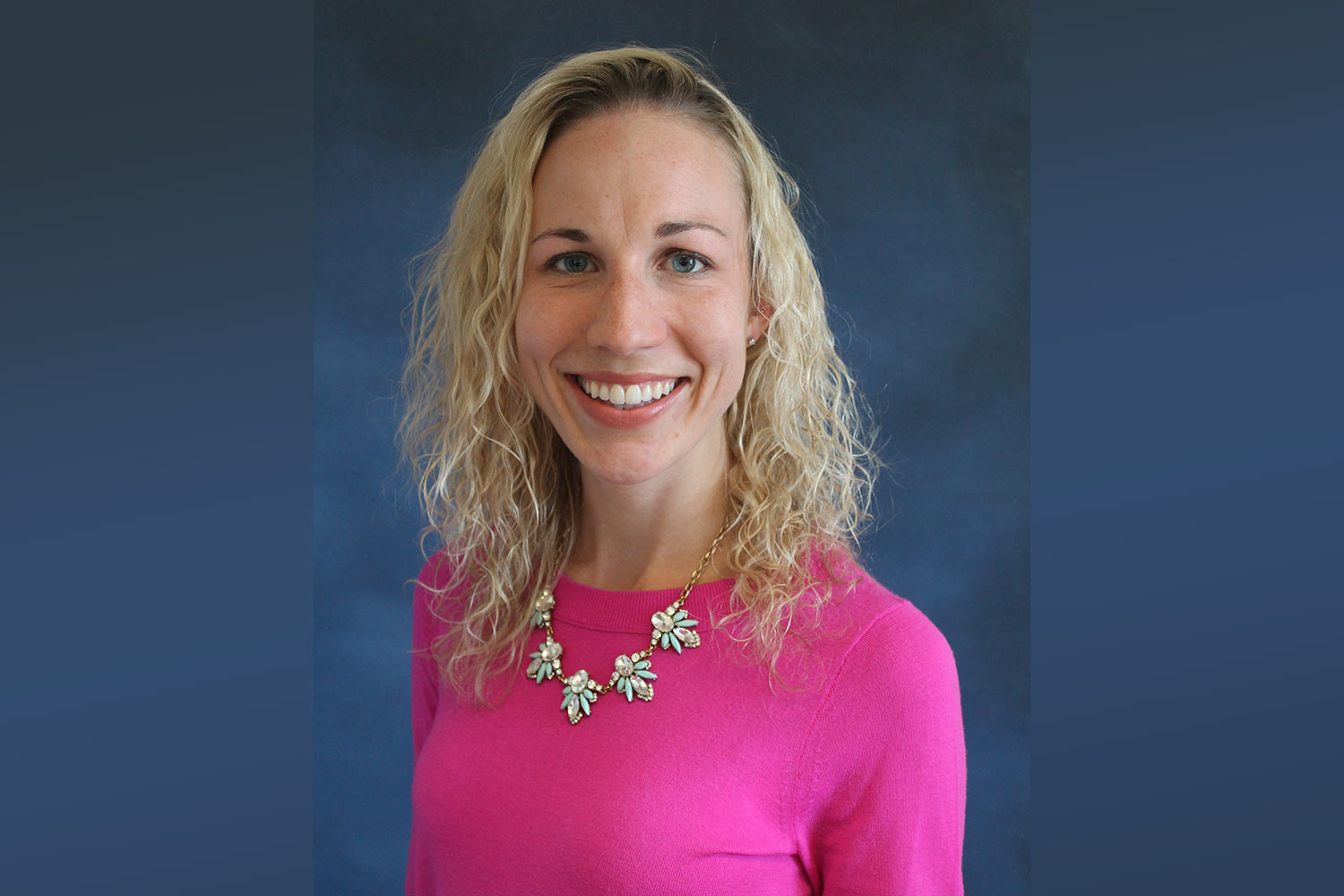Transgender and intersex individuals, Middlesex Health has an urgent message for you: do not let the pandemic delay your cancer screenings. The staff at Middlesex also wants you to know they will do all they can to resolve any obstacle keeping you from getting care, whether it’s lack of insurance or lack of transportation. And importantly, they assure you that the entire Cancer Center staff has been trained in treating LGBTQ+ patients by Kathryn Tierney, the medical director of Middlesex Health’s Center for Gender Medicine and Wellness.
“We want to be sure people feel supported, welcomed and affirmed when they come to Middlesex for cancer care,” says Amber Kapoor, Health Education, Grants, and Survivorship Coordinator for Middlesex Health Cancer Center. Kapoor also stresses this fact: “Cancers are still growing. They didn’t stop with the pandemic. We want to catch them early, when they’re most treatable.” In fact, she adds, cancer screenings are important for everyone but “particularly so for members of the transgender community” because of several risk factors that are more prevalent among — or even specific to — them.
Some screenings do more than detect early cancers: they prevent them (as is the case with pre-cancerous polyps located during colonoscopies, and pre-cancerous cells identified during cervical cancer screenings.) In 2020, the pandemic interrupted everyone’s preventive care when many non-emergent health care services were temporarily put on hold across the country as health systems grappled with a sudden surge in COVID-19 cases. When non-emergent services were reinstated after several weeks, Middlesex worked hard to catch up with those routine—but critical—services, such as cancer screenings.
The world is now seeing the expected outcome of these screening delays, and Middlesex Health is no exception. Says Kapoor, “As a result of people not having screenings, we are currently seeing higher volumes of cancer cases than we typically do, and also more advanced cases than we typically see.” Middlesex has been working to catch up with screenings, including adding Saturday hours for some services. They follow strict COVID-19 precautions, and staff members are vaccinated. “It is safe to come in,” says Kapoor.
Still, Kapoor realizes that COVID-19 anxiety isn’t the only factor making people reluctant to come in. “The pandemic has impacted the trans population disproportionately,” she says, with respect to unemployment, reduced work hours and personal finances. “We work very hard to identify barriers to access to care. We have social workers and other support people who will do whatever they can to help people access services,” says Kapoor.
IF YOU HAVE IT, SCREEN IT.
In most health care settings, certain cancer screenings are “highly gendered,” says Kapoor. Breast and cervical cancer screenings are geared toward women, and prostate screenings toward men. But trans men may need breast and cervical exams, and trans women may benefit from prostate screenings. Newly constructed organs, like a neovagina or neophallus, also may be at risk for cancer.
“If you have a body part for which there is a recommended screening, it should be screened,” says Kapoor. By and large, screening recommendations are the same as for cisgender individuals.
Fear that health professionals won’t understand their specific needs is reasonable, considering that caring for trans patients commonly gets little to no attention in medical schools, Kapoor says. Middlesex’s Cancer Center staff is trained in the latest guidelines for all LGBTQ+ patient care—and in compassion. For example, says Kapoor, “Going in for a colonoscopy is extra tough for someone who’s not comfortable with their body.” That patient should feel free to discuss other options with their doctor, such as an at-home stool collection. Patients also may be able to collect their own sample for an HPV test while in a medical provider’s office. “Just talking through those fears and barriers, you find there may be ways around them,” says Kapoor.
Several factors make cancer screenings particularly important for transgender individuals, says Kapoor:
- The LGBTQ+ community is disproportionately affected by mental health issues, which are correlated with behavior risks like smoking, obesity, and drug and alcohol use—all of which increase cancer risk.
- Long-term testosterone use is speculated to increase the risk of ovarian, breast and endometrial cancers among trans men, though there is a lack of confirming data for this.
- Similarly, estrogen use may increase breast cancer risk among trans women, though additional data is needed on this topic.
- Organs constructed surgically should be screened.
It’s important that providers know when a patient is on hormone therapy because this can impact the results of some screening tests. Pap smears have a higher false positivity rate in trans men taking testosterone long-term; PSA levels in trans women on estrogen will be very low compared to cisgender men. “By and large, screening recommendations are the same as for cisgender individuals,” says Kapoor, but there are some guidelines that are specific for the LGBTQ+ population, including:
- Breast self-exams are not recommended for trans women due to a high number of false alarms.
- Those engaging in anal sex should have digital rectal exams.
- Mammograms are recommended for trans women who have been on hormone therapy for 5 years or more.
OF PRIMARY IMPORTANCE
It’s obvious why Kapoor says that for trans and intersex people, “It’s really important to have a primary care provider you trust.”
Middlesex Health has more than 1,200 patients in its Center for Gender Medicine and Wellness, which includes primary care doctors at twelve locations and a full array of other providers. Last year, the program expanded to include children and teens. Middlesex Health has two cancer center locations, in Middletown and Westbrook.
Statisticians are just starting to get a handle on quantifying the pandemic’s impact on cancer cases and predict that it will be several years before the number of missed cases is known. A study reported in the April 2021 issue of JAMA Oncology (Journal of the American Medical Association) found that even after resumption of breast, colorectal, and prostate cancer monthly screenings, by the end of 2020 “there remained an estimated screening deficit of 9.4 million associated with the COVID-19 pandemic for the U.S. population.”
Kapoor laments the fact that Middlesex is seeing not just more cancer cases, but more cases with an “increased complexity of later-stage diagnoses with an increased complexity.”
Considering there tend to be better treatment outcomes among cancers detected early, and some cancers may even be prevented by routine screening, many of those were preventable, she says, “It’s so important for people to come in and to know we’re ready for them.”
Visit MiddlesexHealth.org for up-to-date COVID-19 precaution information, including requirements for proof of vaccination, mask-wearing, visitor policies and more.
It’s so important for people to come in and to know we’re ready for them.








More Stories
A Leader in Care for LGBTQ+ Communities: Meet Kenneth Abriola, MD
Transforming Sexuality: Handling Sexual Changes for Trans Folks
MHC’s “Let’s Face It” Program Expands Mental Health Awareness